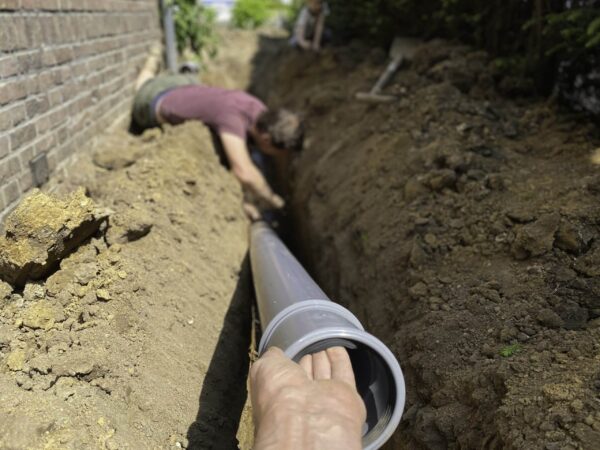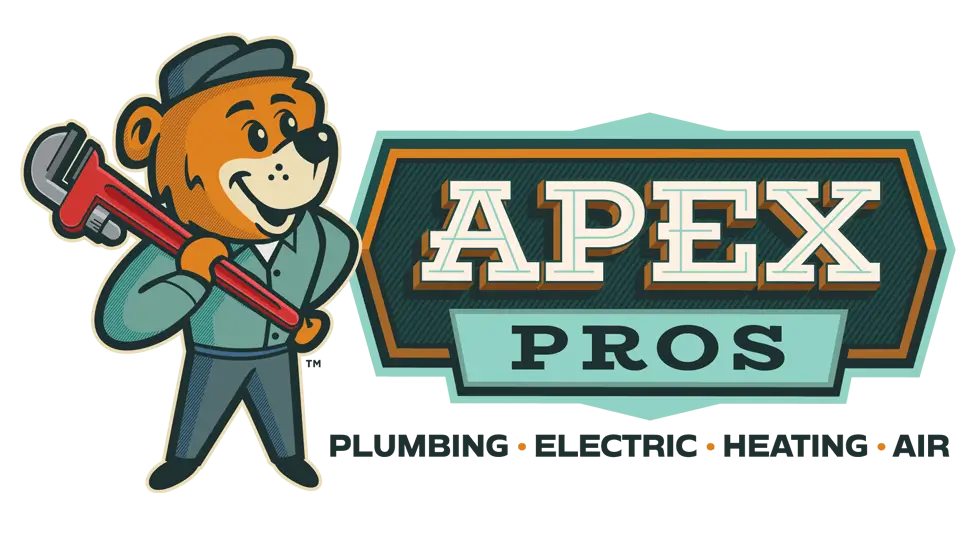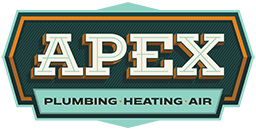
When hiring plumbers for your Columbus, OH home, you’ll find that some companies have a much more limited range of services than others. Some plumbing professionals focus exclusively on new plumbing installations. Others offer general plumbing maintenance and repairs, drain cleaning services, or water supply systems. When wastewater starts backing up into your home, underground pipes rupture, or slab leaks occur, you might need an excavation plumber. The following is everything you need to know about what excavation plumbers do and the problems they resolve.
All About Excavation Plumbing
Although much of your home’s plumbing system is located indoors, the movement of wastewater to the municipal sewer system is reliant upon underground pipes at the building exterior. When whole-house blockages and backups occur, digging is often required for resolving them. Excavation is frequently necessary when underground pipes rupture or fail, but it’s also used as a preventive measure. For instance, if you recently purchased an older, historic home, you might have clay pipes leading to the sewer main. These pipes are easily invaded by aggressive tree roots and weeds that increasingly inhibit the flow of waste. In this instance, preemptively switching outdated clay pipes will reduce the risk of back-ups and water damage.
Excavation plumbers can take an “open-top” approach to access damaged plumbing features, extract them, and replace them. This is done using backhoes and other diggers to remove the overlying soil. However, excavation plumbing can also be entirely exploratory. If you have an underground plumbing leak that cannot be identified or resolved using other methods, plumbers might uncover pipes in the suspected area of your leak based on soil saturation and other measurable factors. Making an up-close assessment of the affected structures is sometimes the only way to accurately locate and diagnose these issues, especially when sewer line camera inspections fall short.
By nature, excavation is an invasive plumbing method that requires both training and caution. Earth-moving projects, particularly when performed at significant depths, can result in ruptured gas lines, damaged power lines, and physical injury. As such, of all the do-it-yourself plumbing projects that homeowners are advised to avoid, do-it-yourself excavation easily rises to the top of the list.
Homeowners with underground plumbing issues often find themselves torn between wanting swift resolutions and needing minimal disruptions to their yards. Fortunately, camera line inspections and other non-invasive diagnostic methods can greatly limit the amount of digging that must be done. There are also multiple options in plumbing excavation for addressing varying types of plumbing issues depending upon their level of severity, their depth, the nature of the surrounding soils, and other factors. In most instances, plumbers choose the method that will provide the best and longest-lasting results with the least amount of disruption. With many excavation projects, it’s possible to leave the majority of landscaping completely intact while limiting adverse changes in the actual work area.
Interior Access Excavation vs. Exterior Excavation
Surprisingly, excavation plumbing isn’t solely an outside job. If your home’s foundation is constantly moist or if your basement flooring frequently has a wet or chalky appearance, there may be a ruptured pipe just beneath it. Interior excavation in this instance can be both exploratory and resolution-oriented. With interior excavation, jackhammers or other percussive tools are used to penetrate slabs. Given that this work is performed inside buildings, strategic noise control, and dust control measures are employed.
After slab leaks have been found and addressed, slab repairs are performed at the point of entry. Depending on the design and layout of homes and the location of slab leaks, this method may require flooring and subfloor replacement. In rare cases, the use of precision drills can minimize damage to the surrounding building materials, but only when slab leaks or other under-slab issues are small and relatively contained.
Just as its name implies, exterior excavation is performed at the exterior of buildings. Flooring, sub-floors, and building slabs aren’t compromised, but nearby landscaping elements and soils are. Earth-moving tools of various sizes are used for soil removal. Damage plumbing components are identified and manually lifted out, and replacements are put in.
The Pipe Bursting Technique
Pipe bursting is a minimally invasive alternative to exterior excavation. Rather than using the “open-top” technique by digging into the ground, excavation plumbers use hydraulic or pneumatic heads for pipe removal. Water or air pressure forces the existing pipes out of their positions. New pipes are then installed on a lining that fills and expands when pressure is applied so that the new piping achieves its intended form. Minimal digging is required with pipe bursting and the risks of utility damage and physical injury are greatly reduced. This technique is sometimes referred to as trenchless sleeving. Trenchless pipe rerouting is another non-invasive measure that can resolve sewer line blockages and pipe leaks without the need for digging.
How Do Excavation Plumbers Know Which Method to Use?
Just as you’ll find that not all plumbing companies are equipped to handle excavation work, you’ll also notice that not all excavation plumbers are capable or willing to use all available techniques. Some plumbers eschew certain excavation methods because of the risks that they entail, and others only offer the least invasive methods available. The important thing to note is that no single excavation method is guaranteed to work well for all plumbing projects and in all environments.
Soil conditions are a major factor in determining which excavation method is the best choice. Loose, shifting, and excessively soft soils can cause pipes and sewer lines to move out of pitch during trenchless pipe replacement and repair projects. This is especially true in excessively cold conditions when the soil itself is freezing. Thus, depending on the nature of your property’s soil and the current weather conditions, certain no-dig methods might be unavailable.
Non-invasive line-clearing techniques can eliminate certain pipe obstructions without the need for trenching, but stubborn blockages such as those caused by aggressive tree roots or weeds frequently require a direct, hands-on approach. There are also instances in which existing or replacement pipe materials aren’t capable of supporting non-invasive methods. Typically, both heavily corroded metal pipes and clay pipes require trenching.
Understanding the Benefits and Drawbacks of Excavation Plumbing
When the “open-top” method of excavation is employed, the biggest drawback is temporary, unwanted landscaping changes. You’ll have to trade a small section of your pristine lawn for an effective and long-lasting plumbing solution. However, given that plumbers do their best to minimize digging as much as possible, this could prove to be a very small and inconspicuous area. Moreover, most disrupted landscaping materials grow back within a reasonable amount of time, and those that do not can be easily replanted.
Interior excavation always entails some measure of structural damage. Whether it necessitates flooring and subfloor replacement or merely restoration of the affected slab, this damage proves more than worthwhile when considering the benefits that slab leak repairs provide. Leaky slabs or under-slab leaks progressively undermine the value and integrity of homes. With excavation, this ongoing damage can be brought to an immediate permanent halt.
We offer an expansive range of sewer repair services. Homeowners in Columbus, OH can turn to us for trenchless pipe repair, sewer camera line inspections, and various forms of interior and exterior excavation. We also provide general plumbing services, water heater replacement, and HVAC installation, maintenance, and repairs. To schedule an appointment, get in touch with Apex Plumbing, Heating, and Air Pros now!





